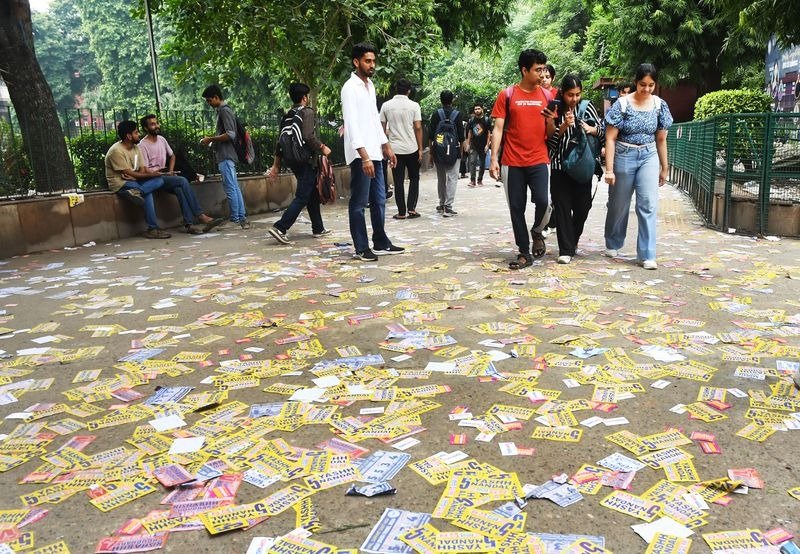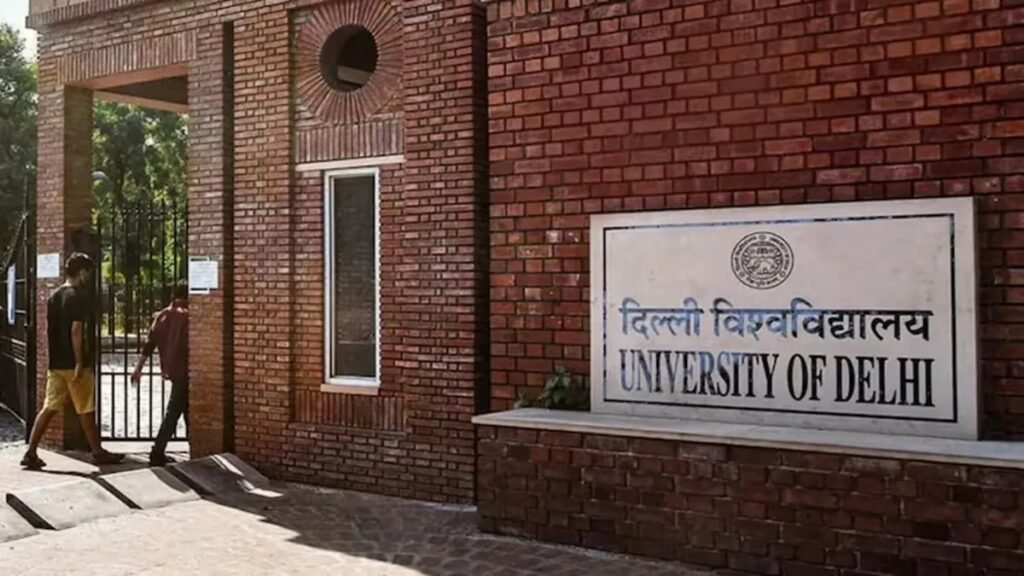With Delhi University Students’ Union (DUSU) polls getting closer, a variety of student-related issues have dominated campus discourse. Increasing fees, hostel shortages, women’s safety, concessional travel passes, and a contentious election bond regulation are some of the major issues that are dominating the narrative.

One of the most critical issues raised by students is the sharp rise in tuition fees in some colleges. The increase, accompanied by limited cheap hostel accommodation, has rendered many students reliant on high-priced private city housing. Students contend that besides causing financial burden, it also affects concentration in studies and university inclusivity.
Safety for women continues to be a concern. Student bodies have sought greater security measures inside and around the campus, as well as the proper functioning of Internal Complaints Committees (ICCs) in all colleges. The demand arises against a backdrop of persistent allegations of harassment and unsafe travel conditions for women students.
There has also been growing pressure for concessional metro and bus passes. In view of most students using public transport for regular commuting, organisations have made a fresh demand for a 50% concession in Delhi Metro and DTC bus fares. Demonstrations over the past few weeks have highlighted the need for this demand, particularly on the part of students belonging to economically weaker sections.

Joining the list of complaints is the new introduction of a ₹1 lakh refundable bond condition for contesting DUSU elections. The decision has brought with it an unusual convergence of opposition student groups like ABVP, NSUI, SFI, and AISA, who say the rule is discriminatory and lowers the democratic nature of student politics by deterring candidates from marginal sections.
As electioneering heats up, these subjects are likely to take over manifestos and student protests. Commentators say this year’s elections not only determine the leadership of DUSU but might also function as a referendum on the responsiveness of the university towards the daily challenges of its students.

